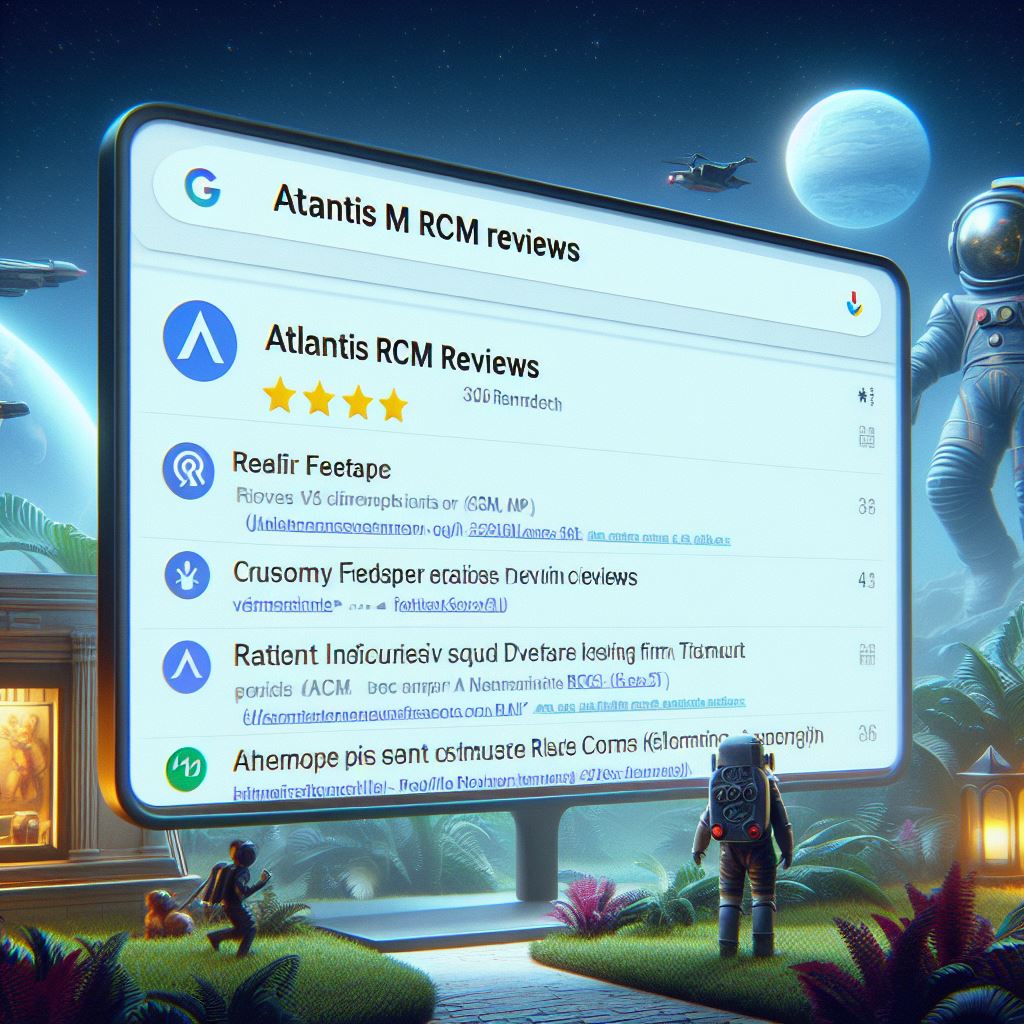
Maximizing Revenue: Strategies for Effective Revenue Cycle Management
The financial performance of a medical practice is closely linked to the proficiency in effective revenue cycle management (RCM) in the constantly changing healthcare sector, which is marked by dynamic legislative changes, technological improvements, and shifting patient expectations. This complex procedure acts as the wheel that carefully guides a patient through each phase of their healthcare experience, starting with the first appointment booking and finishing with the final payment receipt.
The significant influence of this all-encompassing journey management is seen throughout the healthcare ecosystem, directly affecting the financial stability of physicians and the long-term viability of healthcare organizations. Understanding that RCM is complicated, this investigation explores a variety of strategic methods that healthcare practitioners can effectively use. By proactively maximizing revenue potential and streamlining the complex complexities of the revenue cycle, these methods not only ensure financial stability for healthcare professionals among the complex challenges posed by the contemporary healthcare sector.
- Streamlining Patient Registration and Eligibility Verification:
A crucial step in the revenue cycle begins with accurate patient registration and eligibility verification. Ensuring that patient information is up-to-date and validating insurance eligibility reduces the likelihood of claim denials and accelerates the reimbursement process.
- Implementing Robust Coding Practices:
Accurate medical coding is the linchpin of successful revenue cycle management. Implementing robust coding practices, such as regular coder training, staying updated on coding changes, and utilizing technology-assisted coding tools, helps minimize errors and ensures that claims are submitted with precision.
- Timely and Accurate Claims Submission:
Delays in claims submission are more than just a procedural hiccup; they wield a direct and potentially adverse impact on the overall cash flow of healthcare providers. Recognizing the paramount importance of expeditious claims submission, it becomes imperative for healthcare entities to establish and fortify streamlined processes that prioritize timeliness. Embracing modern technologies and automated systems proves instrumental in this regard, providing a seamless framework for electronic claim submissions that significantly expedites the entire claims process. Furthermore, integrating regular and meticulous audits into the claims submission workflow serves as a proactive measure, allowing for the identification and rectification of potential errors before claims are dispatched. This strategic approach not only enhances the efficiency of the billing cycle but acts as a bulwark against denials, ultimately safeguarding the financial vitality of healthcare practices.
- Proactive Denial Management:
Denials in the billing process are an inherent and anticipated facet; however, the proactive approach to denial management proves instrumental in mitigating their potential impact. Going beyond mere acknowledgment of denials, a strategic framework involves the comprehensive identification of common denial reasons, instating preemptive corrective measures, and instituting a regimen of regular audits. This multifaceted approach contributes not only to the reduction of denial rates but also expedites the overall resolution process. By delving into the intricacies of denial patterns, healthcare entities can devise targeted strategies to address root causes and establish preventive protocols. The dynamic landscape of healthcare demands not only reactive but proactive measures, where denial management becomes an integral component of the broader revenue cycle strategy. Through sustained efforts in denial identification, analysis, and rectification, healthcare providers pave the way for enhanced financial viability and operational efficiency. The foresight in denial management is, therefore, not merely a response to challenges but a strategic maneuver aimed at fortifying the fiscal foundation and sustaining the core objectives of healthcare provision.
- Embracing Technology for Efficiency:
Leveraging technology is paramount for efficient revenue cycle management. Electronic Health Records (EHRs), revenue cycle management software, and Artificial Intelligence (AI) tools enhance the accuracy and speed of billing processes, reducing manual errors and improving overall efficiency.
- Patient Engagement and Transparent Billing:
Clear communication with patients about their financial responsibilities and transparent billing practices contribute to a positive revenue cycle. Engaging patients in their financial journey, providing estimates of out-of-pocket costs, and offering flexible payment options improve patient satisfaction and increase the likelihood of timely payments.
- Effective Accounts Receivable (A/R) Management:
Timely follow-up on unpaid claims and the implementation of efficient A/R management strategies are crucial for maintaining a healthy revenue cycle. Regularly monitoring outstanding payments, implementing automated follow-up systems, and negotiating payment plans contribute to improved cash flow.
- Continuous Staff Training and Education:
The healthcare landscape is dynamic, with frequent changes in regulations and coding guidelines. Continuous staff training and education ensure that billing personnel stay informed about industry updates, compliance requirements, and best practices, reducing the likelihood of errors.
- Data Analytics for Performance Insights:
Implementing data analytics tools provides valuable insights into the performance of the revenue cycle. Analyzing key performance indicators (KPIs) helps identify trends, pinpoint areas for improvement, and optimize processes for better financial outcomes.
- Strategic Partnerships and Outsourcing:
Choosing to outsource certain aspects of the revenue cycle or forming strategic alliances with expert billing partners are examples of a sophisticated and progressive strategy for healthcare providers. Through affiliation with specialty billing firms, professionals can access a multitude of knowledge that beyond the limitations of conventional internal resources. Specialized expertise not only improves revenue cycle management's effectiveness but also adds scalability—a critical feature in a time when healthcare environments are changing rapidly. Moreover, these specialised partners assist the revenue cycle's integration of innovative technology, which acts as a catalyst for increased efficacy and efficiency. By choosing to interact with outside organizations in this way, healthcare providers demonstrate their dedication to staying on the cutting edge of innovation in revenue cycle management. This strategy move essentially fosters resilience and adaptation within the revenue cycle fabric by acting as a dynamic reaction to the difficulties of contemporary healthcare economics.
In short, the importance of efficient revenue cycle management cannot be emphasized because it is the corner stone of long-term financial success in the ever-changing healthcare industry. When healthcare providers diligently incorporate the above described tactics into their daily operations, a transformative effect is observed that goes beyond simple financial optimization. A significant change takes place that redefines the patient experience into one that is not only smooth but also deeply patient-centric, going beyond the obvious advantages of revenue maximization The nexus of technology integration, unwavering awareness of industry metamorphoses, and the cultivation of transparency emerges as the fulcrum upon which the successful navigation of the intricate web of revenue cycle management hinges. This multifaceted approach not only fortifies financial foundations but also engenders an environment where patients feel empowered, informed, and valued throughout the entirety of their healthcare journey. Thus, recognizing revenue cycle management as a strategic imperative goes beyond the fiscal realm; it becomes a commitment to elevating the holistic healthcare experience for both providers and patients alike..




